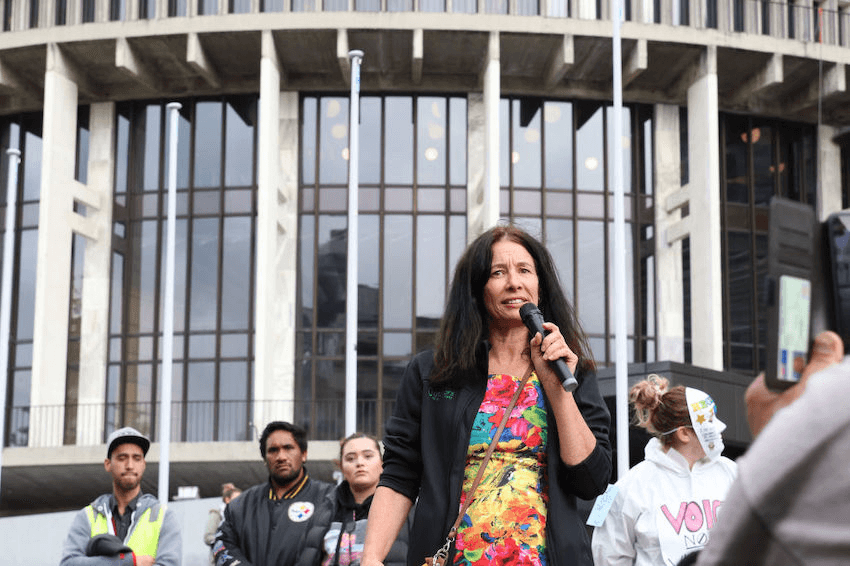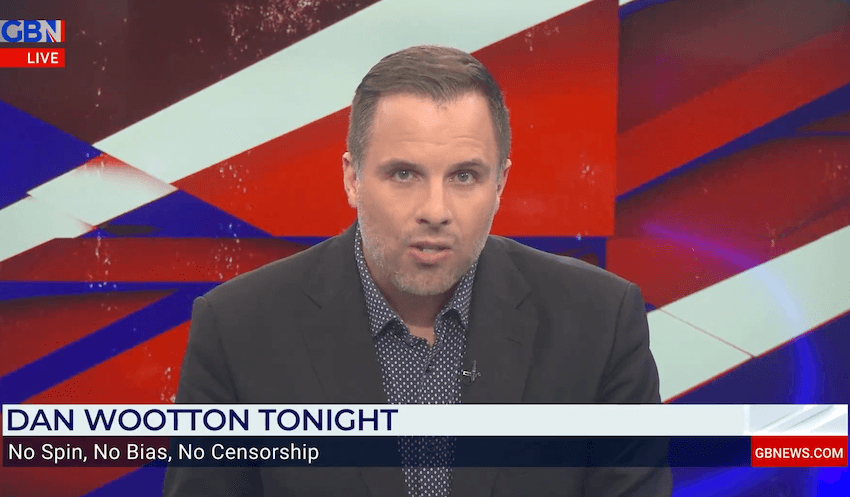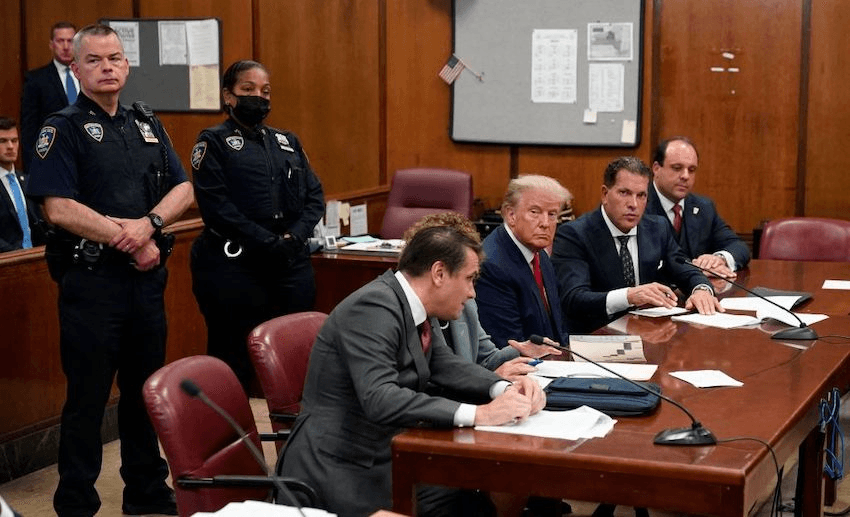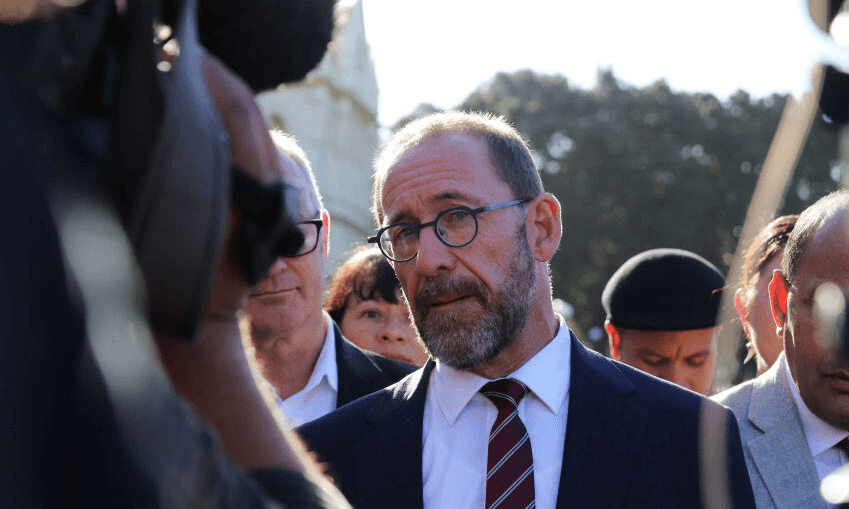Prominent anti-vax campaigner and aspiring politician Sue Grey has escaped a slap on the wrist from the Lawyers and Conveyancers Disciplinary Tribunal.
As Stuff reported, Grey had faced a number of complaints in her capacity as a lawyer and had been investigated by the Nelson Standards Committee. While the committee referred Grey for a broader investigation, the tribunal ultimately concluded that Grey’s freedom of expression must be protected and she had not breached standards.
“We do not consider, when balanced against the right to free speech, that the remaining charge could be made out to the standard of unsatisfactory conduct,” the ruling said.
However, it was noted that Grey’s actions reflected “poorly on her judgement and appreciation of the position she holds”. Many of the complaints were against Grey’s comments on the Covid-19 vaccine in 2021, though the tribunal noted these were not related to her position as a lawyer. Grey argued she made the remarks in her capacity as a politician and individual citizen.
Grey, who is currently campaigning for this yer’s election as co-leader of the Freedoms NZ umbrella party, was pleased with the tribunal’s finding. “Freedom of political speech is really important – and although you’re a lawyer, you can still wear different hats in other areas of your life,” she said.




